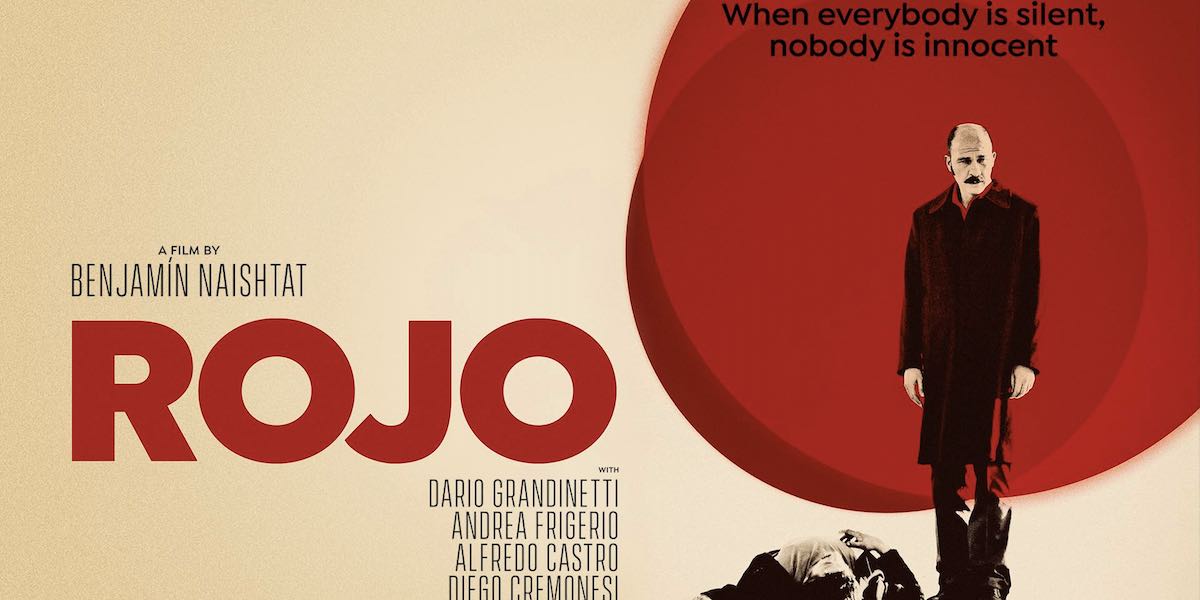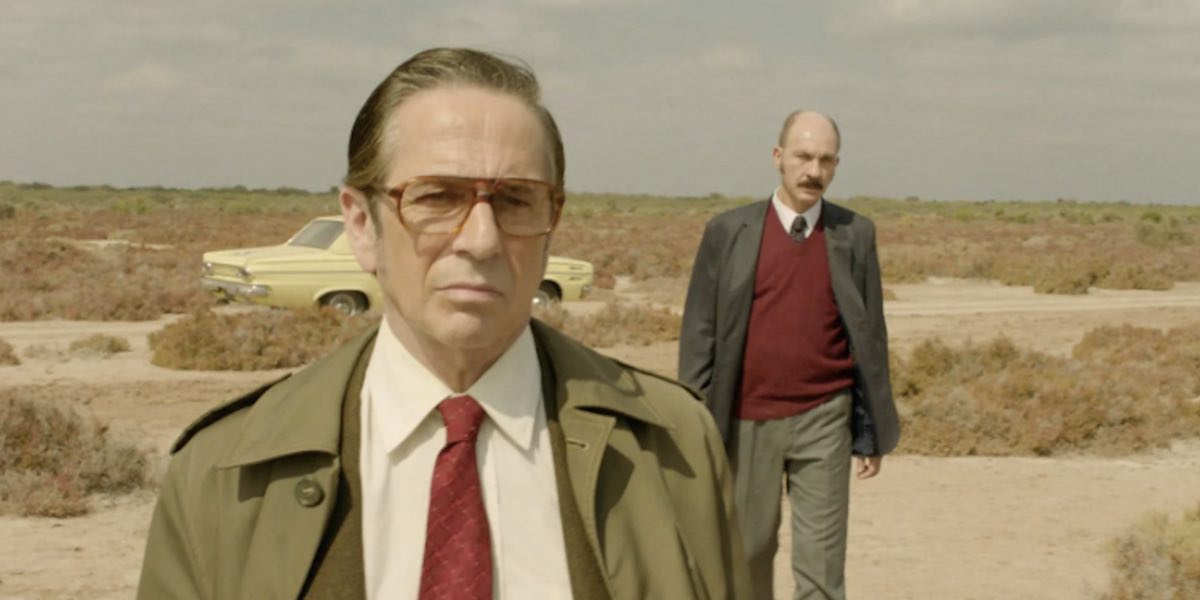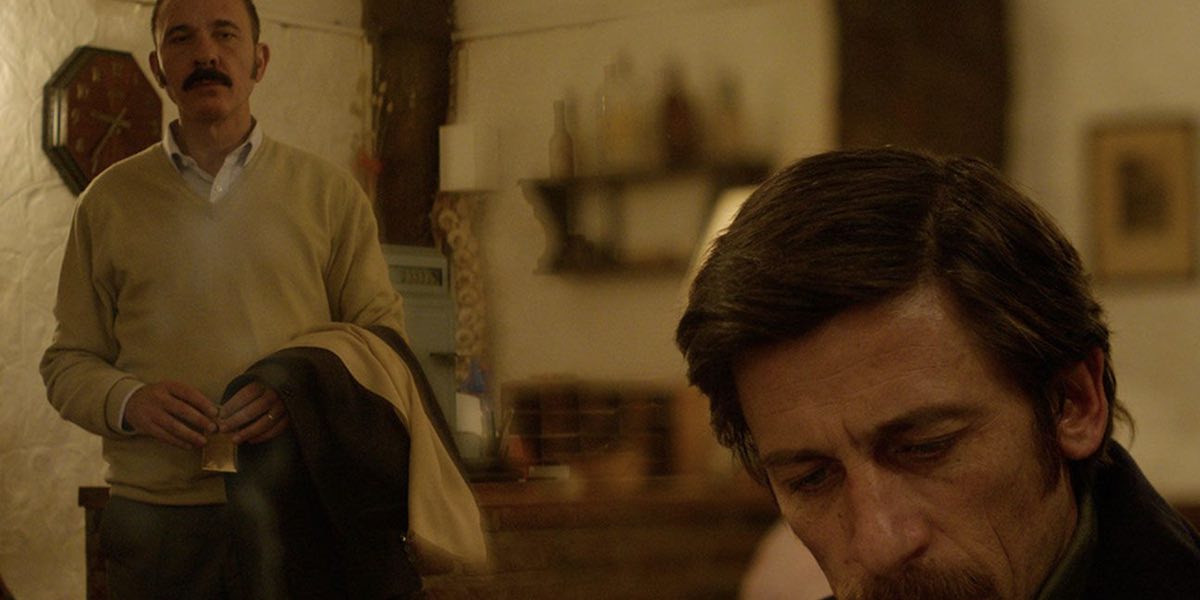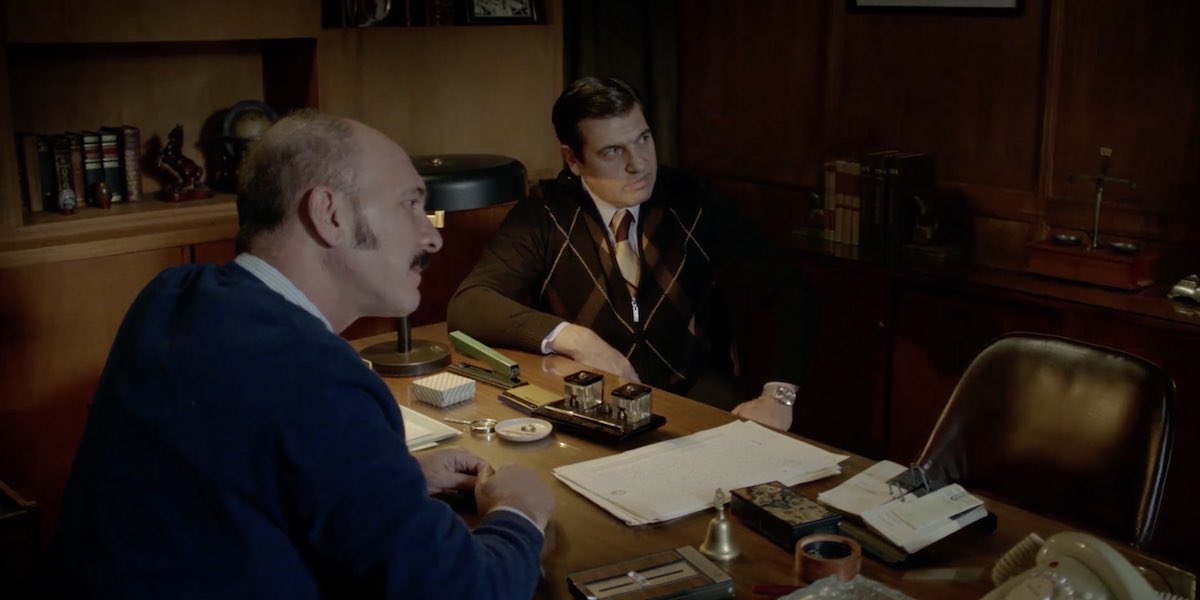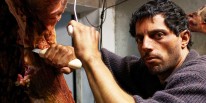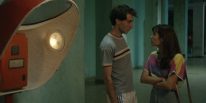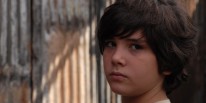What was the Argentinian mindset immediately preceding Jorge Videla’s right-wing military coup? Director Benjamín Naishtat’s darkly funny, highly stylish film immerses itself in Argentina’s collective subconscious in 1975, resulting in an x-ray image of madness and moral decline.
Set in an Argentinian provincial town, an unknown man and a crime unsettle the quiet life of a successful lawyer. It’s not that the lawyer committed the crime; rather, his looking the other way and doing nothing led to people dying.
Filmed in the style of 1970s crime dramas, Rojo can be seen as an absurd thriller and as a bitter analysis of the national indifference that led to Argentina suffering four consecutive military coups in 1976. As in Rojo, countless people disappeared in the desert, never to be seen again.
